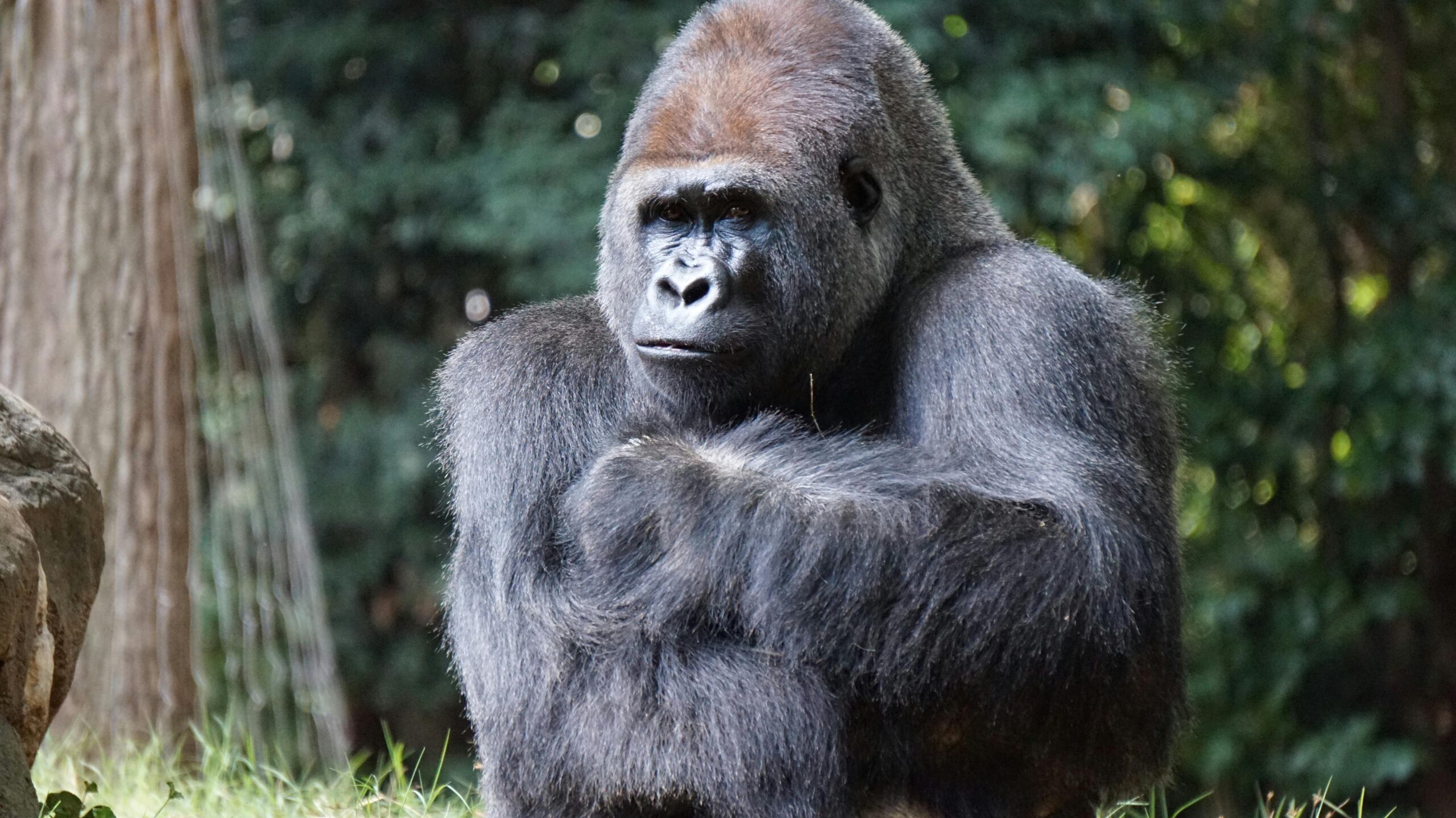November 21, 2025
Becoming a Somewhere in an Anywhere World

John Constable’s 1821 classic painting, The Hay Wain
Virgin Australia recognises the traditional custodians of the lands on which we fly and work, and we pay respects to Elders past, present, and emerging.
I have flown across Australia too many times to care in the past five years. And that acknowledgement, or an iteration of it, has become ingrained in my head. We land on a long piece of tarmac in yet another city, and as the speed and thrust drains away, those are the first words we hear.
Well, the second words we hear actually, after words such as “Welcome to Melbourne/Perth/Wherever – where the local time is…”
I wear an analogue watch, so I always adjust it. I crave that minor irritation. I enjoy the mechanised little cranking of my Seiko Presage’s hands backwards or forwards as we land. It’s a middle finger to technology’s sneaky attempts to smooth out time for me and keep me in a permanent state of chronological discombobulance.
Perhaps it’s not insignificant though, that order of statements, that acknowledgement of OUR country, and OUR way of doing time first, before the acknowledgement of the First Australians’ understanding of country and time.
As moderns in the globalised era, we have conquered country and time in such a way that unless we were to know where we were headed in that airplane, and unless we had digital help to know the hour and the day upon landing, we could be anywhere, anytime.
Which is pretty much the dream of the globalists is it not? Anywhere! Anytime!
So we throw a sop to indigenous cultures by our cursory acknowledgements, even as we taxi to gates that sit like so many portals to a Time Machine. You know you have made it in modern culture when you can be anywhere anytime.
British author, David Goodhart, coined the terms “Somewheres” and “Anywheres” to describe the divide between people who live rooted in time and place somewhere, and the growing group of modern elites who could live anywhere and can be anywhere at short notice. Guess which group is most coveted in our mass media and online life?
“Anywheres” of course. It’s a sign that you have made it. That you have loosed yourself from the surly bonds of societal, familial, cultural and ethnic restrictions. That you have arrived. Arrived where though? We don’t really know. We are rootless and restless. Anywhere life might suit us on the surface, but the churn and tremors going on beneath the surface betray our true state.
That rootlessness posed as freedom is central to Paul Kingsnorth’s strange, compelling animal of a book, Against the Machine, which I have quoted before. I just finished reading it today. I have been invited onto a podcast in a few weeks to talk about it with someone else who found it strange and compelling. I’m looking forward to that conversation.
I sensed that the end of the book was coming by the percentage indicator (that’s an admission I was reading it on Kindle. I crave “Somewhere” but so much of my life at the moment is “Anywhere”).
And I was worried as I reached the conclusion that there would not be much of a conclusion to reach. That we would be left forensic despair and dreamy idealism. A series of questions posed with little in the way of answer. At least not mechanised “to do” lists.
But perhaps that’s the point. I don’t mind despair and idealism in a book. I have a healthy suspicion of tomes that prepackage the problem and the solution. You know the type: They sell like hotcakes in airport terminals, ready to be devoured in five or six hours by Anywheres who need to be somewhere in a hurry.
So the flight takes off and you have a problem. Two timezones, three drinks and a boxed meal later, you have a solution. Or, depending on how you see it, you have simply ingrained the problem even more deeply.
That’s not Kingsnorth. This is, as I said before, an animal of a book. And not a domesticated animal at that.
Kingsnorth does offer a glimmer of hope – indeed one that I have been musing for a while. What if the radical solution to the grinding soullessness of the Machine (or indeed to the dark soul contained within the Machine, for he describes the modern world’s digital takeover in terms bordering on demon-possession), is to be radically “somewhere” even if it means that from time to time we have to forage anywhere and everywhere?
Kingsnorth approving quotes Gary Snyder, poet and survivor the sixties:
[Snyder] was asked how people should respond to the combined environmental and cultural crises of the late twentieth century. What was the best path? Reform? Revolution? Technology? Politics? Snyder had a better idea. ‘The most radical thing you can do,’ he replied, ‘is to stay at home.’
In other words – that’s the new counterculture. And at the start of the 21st century, it’s not simply staying at home, but removing the things in our home – or at least limiting access to them – that offer portals to “Anywhere” even as you sit “Somewhere” warming yourself at the hearth.
That’s why influences such as the trad-wife movement (literally staying at home), are form without substance if they’re primary goal is to build an online following by becoming an influencer. Even the desire among various Christian communities to build thicker, deeper corporate lives, ones in which we build umbilical cords to a communal nurturer, are packaged and sold to us by the very Machine they purport to reject.
Yet it’s clear that we are now seeing a conservative reaction in the West to the utopian progressivism that has stripped Western culture of any sense of place. And is progressivism nervous about it? You betcha! That’s why every time someone talks about national boundaries the “N” word (Nazi) and the “F” bomb (Fascist) come out.
Yet there are dangers. For true conservatives there is a battle on two fronts, both the progressive deconstruction of all things, and the reactionary reconstruction of all things. Both are based on myths that cannot stand up to the examiner’s probing headlamp.
As a conservative myself, I am watching the reactionary Right with some trepidation. But currently it’s in no real position of power. The institutions do not – and probably will not – ever belong to them again. I’d like some actual proof that this is otherwise. Like deep-dish proof – not “60 Nazis turned up at Parliament!” or “Nick Fuentes has a billion online followers” or some such.
My ongoing concern has been the progressive deconstruction of all things because, unlike the hard Right, it is pious rather than gleeful as it consumes its heritage. And that piety extends to championing every other heritage but its own.
It’s a deep irony of progressives that at the very time they call for acknowledgements of country and elders across Australia on things like Virgin flights, they junk their own sense of country and place, and definitely of “elders”. They decry the nation and scorn “dead white males”.
Yet those they despise are the very elders “past” who have given them the very frameworks they are frantically trying to dismantle in the present, and all with no idea of how to build an alternative future that will sustain human-sized lives. They are gorging on their own history and sense of meaning and place. And soon the plate will be empty.
There’s always a warning though, isn’t there? My experience at doing such deep community in the UK burned me, and dozens – if not hundreds – of others. It’s why I am often loathe to provide a list of “ten values” or five “life hacks”. It’s why it’s maddeningly difficult to describe what your “somewhere” life should look like. I’m sick of Pied Pipers leading the children away.
Kingsworth – to his credit – has been chastened by history and experience here. So he asks “What would a new counter culture look like?”:
I suppose it would have to avoid making the same mistakes. So it would not reject the past; it would not try to blank-slate its way towards some notional utopia. It would remember that every time this has been tried it has simply broken more of our bounds, uprooted us further and greased the path of the Machine. Instead, a new counter-culture would have to be rooted in the eternal things…It would need to embrace not a rebellious individualism but a reactionary radicalism: a rejection of Machine values based on an embrace instead of the eternal things. It’s heart would be the values of people, place, and the past.
Ah the eternal things. As opposed to the ephemeral things.
As I near the age of sixty, I want to say to the younger generation:
Seek our Somewhere! And when you find Somewhere, plant yourself there. Do the hard yards of life in community long enough and deep enough that you have kids together, need to do forgiveness together, go through the stages of life together, and that can come back together even when you have been away for some time. Do the hard yards of refusing the Machine’s beguiling Turkish Delight, and its promises that you will find yourself anywhere. And if you can do that in a faith community that radically “stays at home”, and that, when it does, then refuses to give itself over to the digital portals that would distractingly take it away from home too often.
And I have much more to say, and I am sure Kingsnorth does too. But maybe that’s the point. We’re only beginning the process. After all, having been born in the sixties, let me tell you, that wasn’t that long ago! And if we can do life together “somewhere” for a generation or five, we may start to replicate some of the rootedness of our forebears, even as we are forced to – and are often glad to – live very different lives on the surface.
Kingsnorth finishes with these words:
Become human again. Remain human despite it all. I think that might be what home looks like, in the end.
Perhaps another way of saying it is, make sure you have a country to welcome others to, and elders worth honouring when you do.
Written by
There is no guarantee that Jesus will return in our desired timeframe. Yet we have no reason to be anxious, because even if the timeframe is not guaranteed, the outcome is! We don’t have to waste energy being anxious; we can put it to better use.
Stephen McAlpine – futureproof
Stay in the know
Receive content updates, new blog articles and upcoming events all to your inbox.


